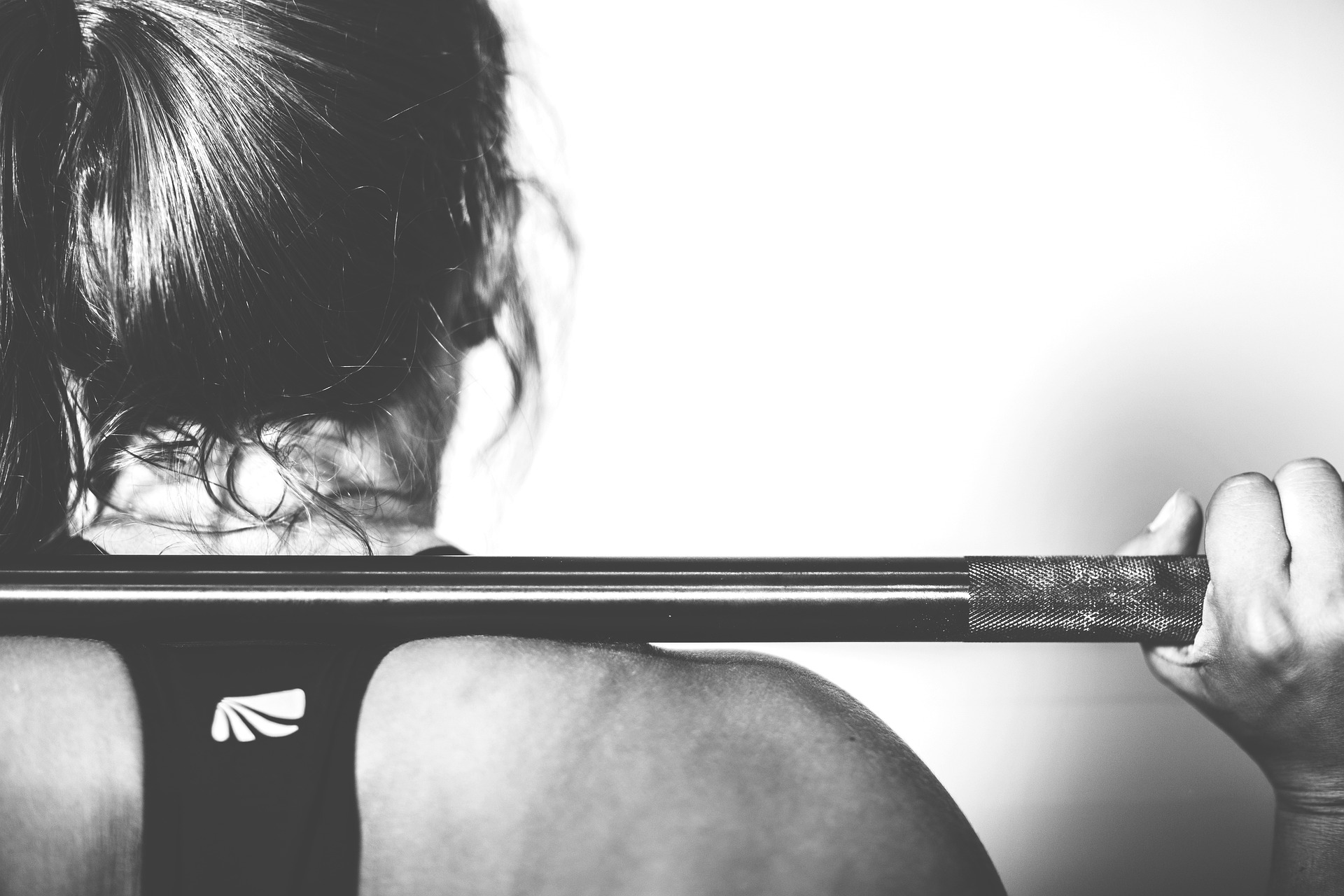

Mahoney K, Heidel RE, and Olewinski LJ Good luck Cond2023 [epub ahead of print].
Full text freely available
Seven in ten female strength training athletes report stress urinary incontinence (SUI) in some aspect of their lives. However, fewer than 2 in 10 athletes talk to their doctor or seek treatment for SUI.
Very intensive physical activity can increase the risk of SUI, an involuntary loss of urine due to increased intra-abdominal pressure. Up to 2 in 5 women may experience SUI throughout their lives, which can negatively impact an individual’s quality of life. Pelvic floor training can treat SUI. Although female strength training athletes may be at greater risk for SUI, it remains unclear how many of these athletes experience SUI and seek treatment, as well as how they would prefer to learn about SUI.
The researchers conducted a cross-sectional study to assess female strength training athletes’ understanding and normalization of SUI, including how often female strength training athletes sought treatment for SUI.
The researchers developed a new study, which was expertly reviewed, to share on various social media platforms. The survey asked respondents about demographic information, risk factors for SUI, experience with SUI, favorite sources of information about SUI, and whether the respondent had sought treatment for SUI. Respondents to the survey were women over the age of 18 who considered powerlifting, weightlifting or strongman as their main activity.
Of the 425 respondents, 69% reported experiencing SUI in some aspects of their lives. Of the athletes who experienced SUI, 61% reported that they first experienced SUI after starting their sport. About two-thirds of athletes thought SUI was a normal part of their sport. Only 17% of respondents reported talking to their doctor about SUI, and 9% sought treatment. Nearly 30% of respondents reported seeking advice about SUI from videos and articles on the internet, 23% spoke to friends and 13% spoke to their coach about SUI.
Overall, the results of this study indicated that SUI is common among female strength training athletes, and most consider it a normal part of their sport. However, very few athletes turn to healthcare to address their SUI. It would be interesting to see this study replicated by asking athletes to complete the survey during competitions, as it is unclear whether women with SUI are more likely to complete the online survey. So the online survey may overestimate how many women have SUI, but the answers about engaging the health care system and where they seek advice are still likely to be informative.
Clinicians who work with athletes who are at high risk for developing SUI should educate athletes about effective treatments. It can also be helpful to educate strength and conditioning coaches about SUI and available treatments.
How do you talk to your athletes about SUI? Have you noticed that other athletes have high SUI rates?
Written by Kyle Harris
Reviewed by Jeffrey Driban
Check the lights before you check that urine!
Throw away your strips for better urine density results
Altered hydration status may impact concussion assessment
Cheers! The more you exercise, the more you should drink
Introduction If you're an athlete or someone who leads an active lifestyle, you've likely heard…
Key Takeaways Regular exercise and maintaining a healthy weight are crucial for knee health Proper…
Ever finished a run and felt your knee throbbing? You're not alone. Many athletes face…
https://youtu.be/YRrppL1WuCw Introduction As a weight lifter, you're no stranger to pushing your body to its…
Ever wondered why some hikers seem to move easily on tough trails while others find…
Are you an active person dealing with knee pain that stops you from doing what…